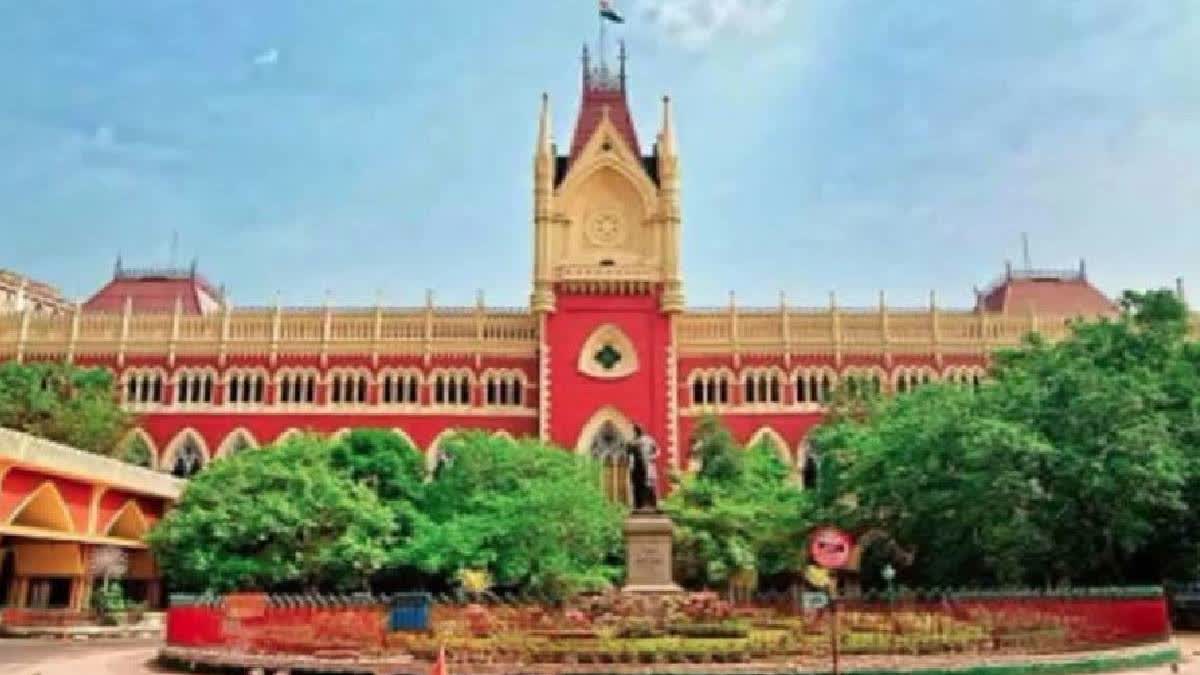Kolkata: The Calcutta High Court has issued a landmark directive for the establishment of a medical board to evaluate the possibility of aborting a pregnancy beyond the 24-week limit for an 11-year-old girl, who became pregnant after a brutal gang-rape. The court's decision came in response to a plea from the minor's family, who approached the legal system seeking permission for a sensitive and crucial decision.
Justice Sabyasachi Bhattacharya, presiding over the case, ordered on Thursday that a specialized medical board be constituted to deliberate on the young girl's pregnancy and potential abortion. The medical board, whose composition will be overseen by the Chief Medical Officer of Health (CMOH) of East Midnapore and the superintendent of Tamluk Medical Hospital, will have the significant task of assessing the feasibility of the abortion within a 24-hour timeframe. The board's findings are expected to be reported back to the court by August 21.
The saga began when the minor's family was confronted with the shocking news of her pregnancy while she was undergoing medical treatment. Horrified and distressed by the situation, the family urgently appealed to the High Court to expedite a hearing, a plea that was promptly granted. Justice Bhattacharya, while acknowledging the constraints imposed by Section 3 of the Medical Termination of Pregnancy Act (1971), which prohibits abortions beyond 24 weeks, expressed genuine concern for the welfare of the young survivor, given her tender age and vulnerable physical and financial circumstances.
Highlighting the delicate nature of the case, Justice Bhattacharya emphasized that the survivor is a mere fifth-grade student, and the alleged incident had taken place unbeknownst to her parents. The heinous act left her physically and emotionally scarred, rendering her incapable of enduring the physical challenges of childbirth at her age. Medical evaluations further indicated that the gestational age was low, leading to concerns about the health and viability of both the foetus and the survivor.
The family, grappling with the grim reality and presented with the prospect of a difficult decision, expressed their desire for an abortion. However, medical regulations dictate that abortions after 24 weeks necessitate judicial approval from either the High Court or the Supreme Court. With the odds stacked against them, the family approached the Calcutta High Court, where their plea for a compassionate and expedited resolution was taken up.
As per Indian law, abortions are generally permissible up to 20 weeks following medical advice, with extensions to 24 weeks being considered in exceptional circumstances. Justice Bhattacharya, during the proceedings, appeared to resonate with the moral dilemma faced by the family, reflecting on the survivor's traumatic experience and her family's disadvantaged socio-economic status. The legal representation for the family underscored that the survivor yearned to regain normalcy in her life and was not psychologically equipped to navigate the challenges of motherhood at such a young age.
Also Read: One year later, the Supreme Court's abortion decision is both scorned and praised
Moreover, the legal team emphasized the family's limited financial resources and lack of formal education, which had hindered them from taking legal action promptly after the incident. Eventually, with assistance from the State Child Protection Commission, an FIR was lodged in July at the Kolaghat police station, leading to the minor being placed under protective custody.



